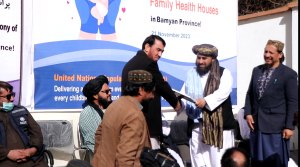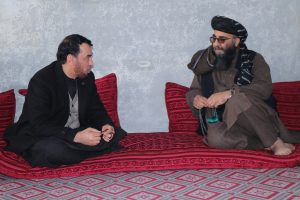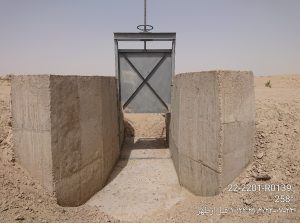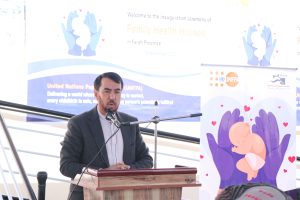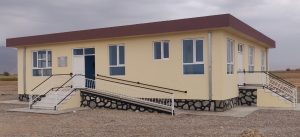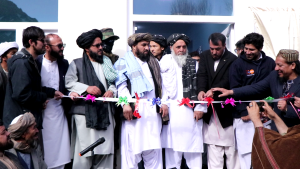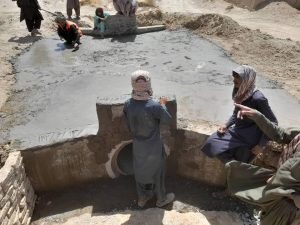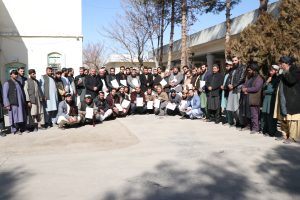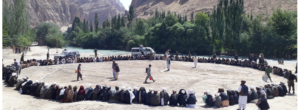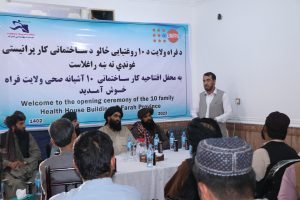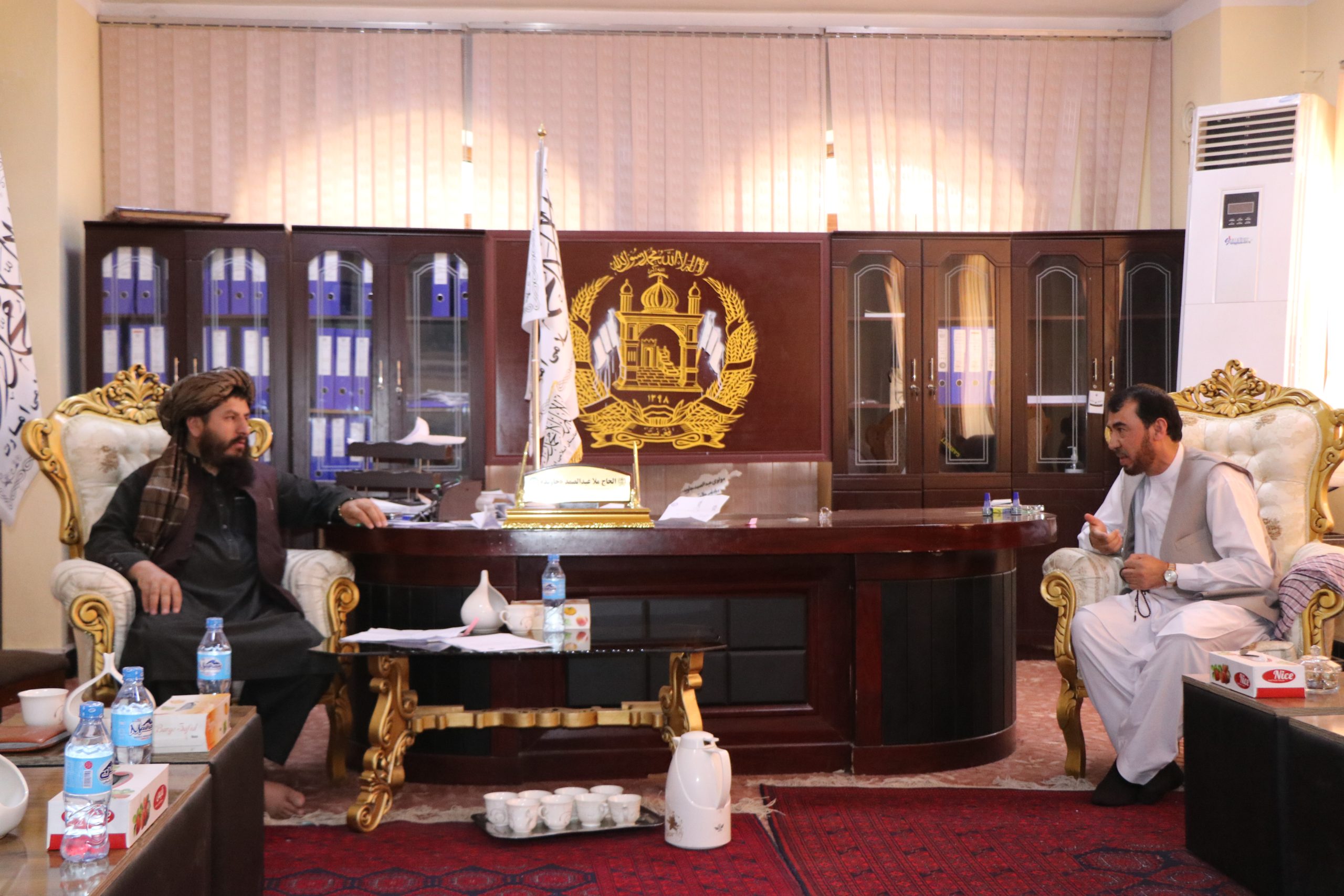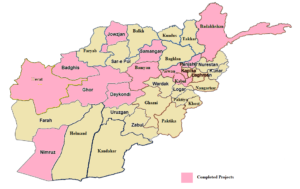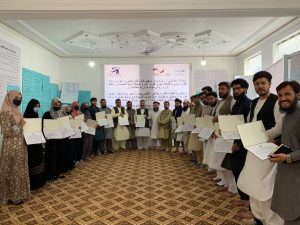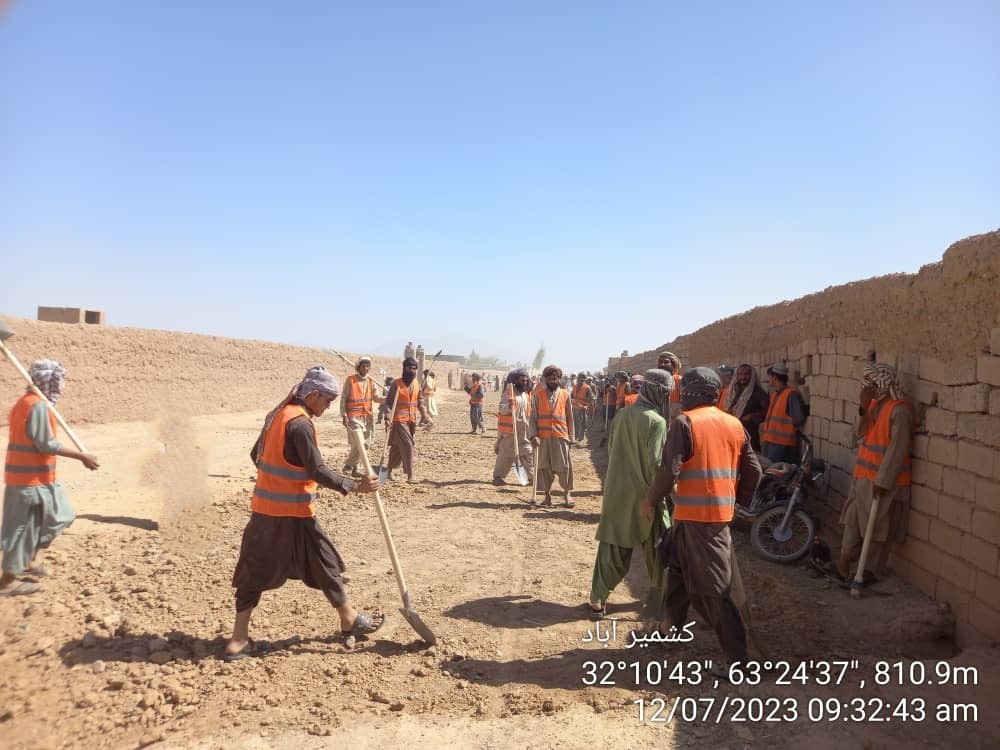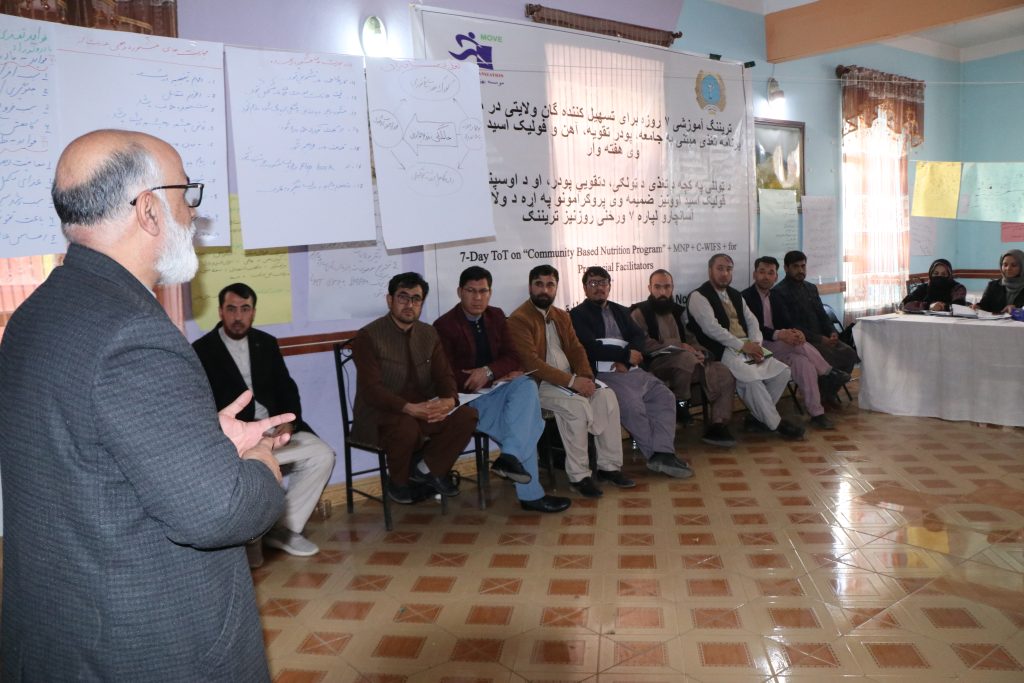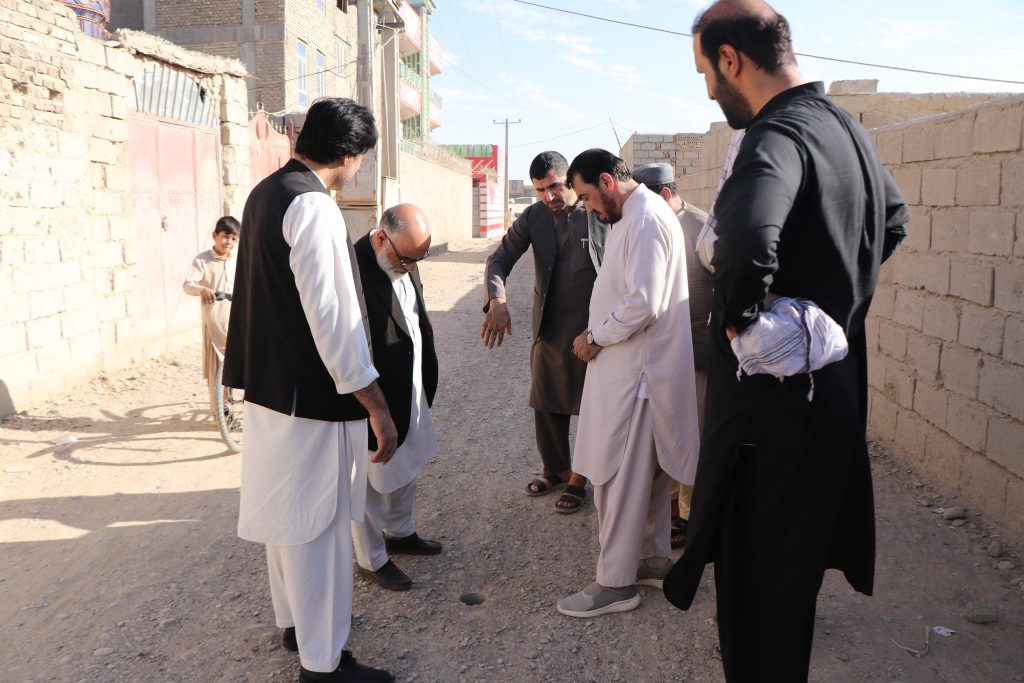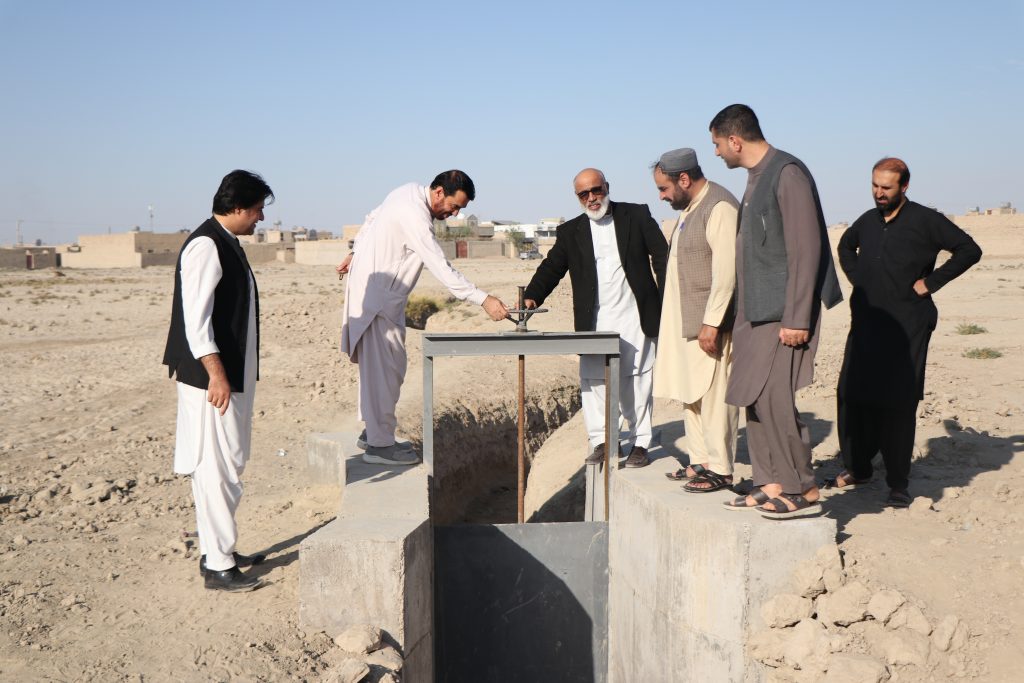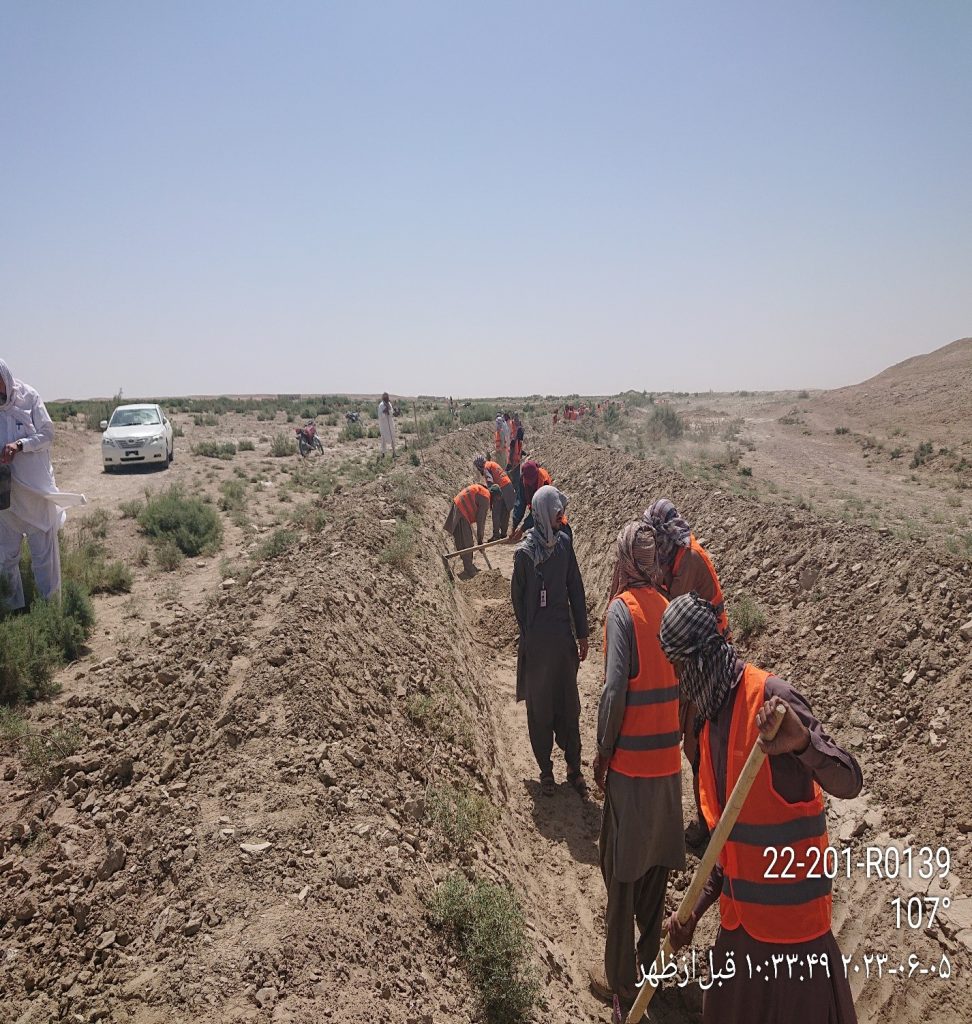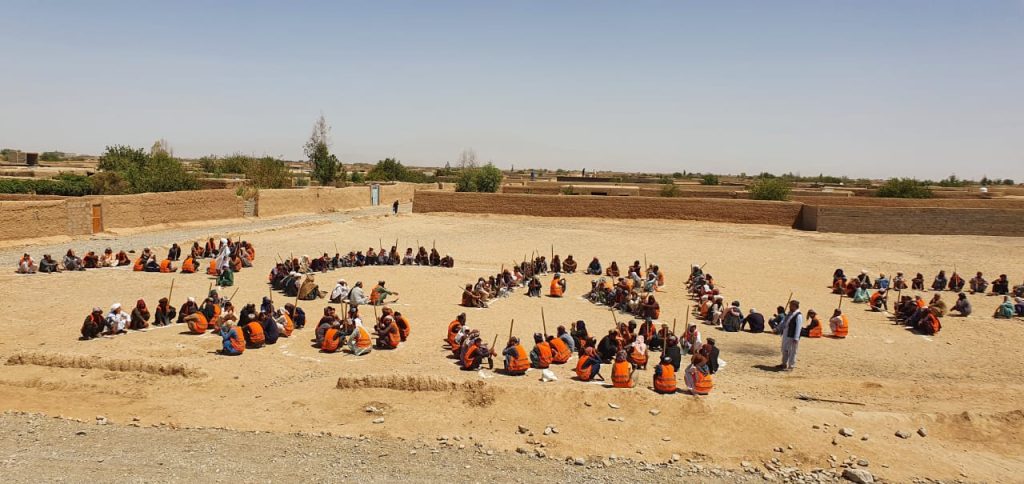UNFPA Projects
Health Services and Promotion of Sustainable Livelihood:
MOVE with support of UNFPA have been implementing the provision of health services and promotion of sustainable livelihood project with a focus on reproductive health in Daikundi and Bamyan provinces since Feb- 2012. The project provides RMNCAH services through Family Health Houses (FHHs) to the populations who live in very remote/underserved areas and don’t have access to BPHS, this project smoothly implemented through 82 FHHs, 168 FHAGs and 82 Health Shuras to 153,239 population lived in the remote and underserved areas, the project financially supported by DFATD /Canada and UNFPA. The project was not only successful in achieving its direct objectives, indicators and quality of health care, but had very good and more effective impact on improving access, utilization of reproductive health services in underserved communities and promoting the women’s empowerment in the catchment areas of the project.
Project achievement and Quality Service Delivery
During this year, MOVE Welfare Organization placed a high priority on the implementation of Health Quality Improvement Program, Infection Prevention, supervision/monitoring activities, conducting refresher training (Health Management Information System, Infection Prevention and Rational Use of Medicine /Management Drug Supply) to 82 community midwives of FHH, refresher and initial trainings to all CHWs, updating personal file of all project’s staff, effective reporting system, supplying of essential medicines including medical and non-medical, logistical materials along with firewood for winter heating of FHHs and provincial offices of Bamyan and Daikundi as well as MOVE Welfare Organization kept effective coordination mechanism at national and provincial levels with all stakeholders through participation of project team in PHCC meetings, PHOs sub-committees, PDC, meeting with provincial authorities and in national level with Ministry of Public Health and UNFPA.
As per the pre-approved work plan from Jan to end of December 2018, all FHHs of Bamyan and Daikundi totally 63660 new under five year children OPD consultations, 5843 ANC 1st Visit, 3994 4th ANC Visit, 3619 Delivery performed by FHH’s Midwives, 3703 1st PNC visit, 3791 3rd PNC visit and 2250 FP (CYP) were undertaken. The average utilization rate was 2consultations /person /year which are satisfactory.
Health education is the essential part of each CMW’s daily activity that they provide health education through session and individually to their catchment population to further strength community awareness on health issues, all FHHs were regularly supplied with standard IEC materials. The main goal for the health education sessions was to enhance the utilization of maternal new-born, child and adolescent health (RMNCAH) at family health house. Based on the Ministry of Public Health health education manual, key topics that covered were: reproductive health seeking behavior, danger signs during pregnancy, birth spacing, at-risk pregnancies, safe motherhood practices, complementary nutrition, immunization, FP-birth spacing, communicable disease and promotion of personal hygiene and generally promotion of health and changing the health habits of the community.
To insure proper and quality based health care services, during the reporting period 574 regular supportive supervision and monitoring visits conducted to all FHHs, HPs and FHAGs by qualified supervisors, by using the opportunity of supervision as part of supportive supervision on the job training provided to FHH’s midwives that how to follow the HQIP and IP in their FHHs as well as through effective feedback mechanism the quality health care services were provided to the target population in all FHHs and HPs, each supervisor spent an average of one full day at each FHH, this mechanism enabled them to have adequate contact time for provision of on the job training for FHH’s community midwives and also meeting with the respective communities to improve their participation.

FHH Bamyan and Daikundi Percentage of Achievement against Target

Detailed Community Assessment Project:
Detailed community assessment project is another project implemented by MOVE Welfare Organization with the financial support of Government of Canada through UNFPA, duration of this project was three months (March – June 2019). As The FHH is a community-based health facility and mostly cover the underserved areas which are out of the BPHS catchment areas, UNFPA with coordination of MoPH planned assessment for expansion of new FHH to five other provinces of Afghanistan (Kandahar, Badghis, Samangan, Paktika and Nooristan) so fortunately MOVE Welfare Organization as implementer of this project based on FHH Concept/SOP selected new 115 in all mentioned provinces (20 and 25 area for each provinces) well as from the same provinces 140 candidates also selected for community midwifery school (CME). The candidates after graduation from the CME School they will go their own FHHs.
The specific objectives of the assessment are as follows:
Specific Objective 1: To explore the opinion and acceptance of key stakeholders about the feasibility of implementation of FHH in the remote and underserved areas of the province.
Specific Objective 2: To identify the underserved areas and explore the opinion of health stakeholders (PPHD and BPHS Implementing NGO) regarding the implementation of FHH in the underserved areas
Specific Objective 3: To identify the availability of eligible female candidates in underserved areas to be selected for Community Midwifery Education (CME) program
Specific Objective 4: To explore the availability and capacity of provincial midwifery school to be contracted for CME program
Specific Objective 5: To explore the interest and capacity of BPHS implementing NGO as a possible Implementing Partner for implementation of FHH.

